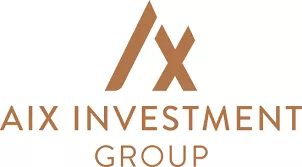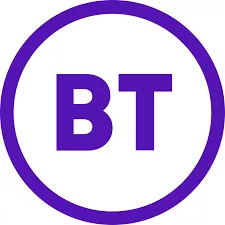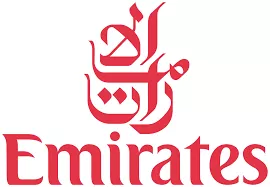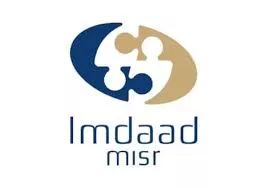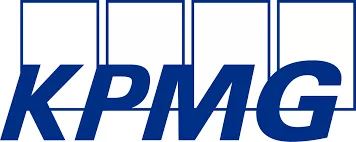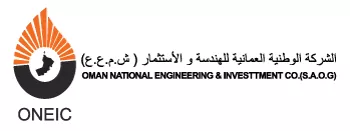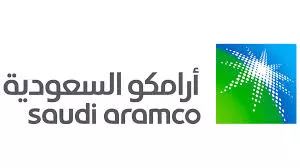Are you a finance professional who’s looking to grow in your career? If so, professional certifications are the way to go. If you’re wondering why finance certifications are important and which are the best ones for you, you’ve come to the right place. Continue reading this blog to find out more!
Importance of finance certifications:
Finance certifications hold significant importance in today’s dynamic and competitive business landscape. In an era where financial markets are increasingly complex and regulatory requirements are increasingly complicated, employers value certified individuals for their specialized knowledge, ethical practices, and proficiency in critical financial disciplines. Finance certifications like the CFA qualification and CMT certificate not only enhance career opportunities and earning potential but also provide professionals with the opportunity to demonstrate their skills on a global stage! This means more chances for networking and building alliances.
This shows us the importance of finance certifications in today’s world and why professionals looking to advance their careers must pursue them. However, in this blog, we only focus on the difference between the CFA and FRM certifications and which one is better for you.
What Is CFA Certification?
The Chartered Financial Analyst (CFA) certification is a prestigious and globally recognized credential that sets a benchmark for excellence in the field of finance. Awarded by the CFA Institute, the CFA qualification covers a broad area of topics in Finance. The CFA syllabus helps candidates gain expertise in investment management, financial analysis, portfolio management, and much more! To learn more about this, you can also read our blog, “Article on CFA Charter”.
The CFA certification is considered the gold standard in the finance industry and opens doors to advanced career opportunities in the field. Portfolio Manager, Investment Banker, and Research Analyst are just some of the jobs you can get with the Chartered Financial Analyst (CFA) certification.
Therefore, gaining the CFA qualification can be a very advantageous qualification to hold. Read our blog on “What is a Chartered Financial Analyst? How to become a CFA?” to get started on the path toward becoming a CFA-qualified professional!
Financial Risk Manager (FRM) by GARP
The Financial Risk Manager (FRM) certification is a distinguished credential designed for professionals specializing in risk management. Unlike the CFA certification, the FRM certificate focuses on identifying, assessing, and mitigating various financial risks. This includes advanced risk management techniques, quantitative analysis, and building risk resiliency into organizational structures, thus making them invaluable assets in financial institutions, consulting firms, and corporations!
By earning the FRM certificate, individuals demonstrate a commitment to staying at the forefront of risk management practices and therefore, are best suited for job roles like Credit Risk Specialist, Enterprise Risk Manager, and Market Risk Specialist among others. You can read more about this in our blog on “What is Risk Management? Best Risk Management Certification”!
As you can see, the Financial Risk Management certification can be just as powerful a certification to hold as the CFA. But among the CFA or FRM which one is better? And which is more difficult, FRM or CFA? keep reading to find out!
CFA or FRM: Which one is better?
Determining whether the Chartered Financial Analyst (CFA) or Financial Risk Manager (FRM) certification is better depends on individual career goals and professional interests. The CFA certification is widely recognized for its emphasis on investment management and financial analysis, making it ideal for professionals aspiring to roles in portfolio management, research, and asset management. The average annual salary for those with the CFA certification lies around $80,000 with a growth of 5% annually. Professionals are required to pass 3 levels and then gain the necessary work experience requirements to gain the CFA charter. You can read more about this in our blog on “CFA Program – Eligibility, Course Details, Benefits, and Scope”.
On the other hand, Candidates for the FRM certification exam are required to pass 2 exams and gain the required work experience to gain the credential. The FRM certification is tailored for those with a keen interest in risk management, covering a spectrum of risk disciplines. This includes roles in risk assessment, compliance, and risk consulting. Therefore, if you’re a professional interested in advancing your career with a focus on risk management, then the FRM Certification is for you.
Taking into account the available time you have to pursue these certifications also plays an important factor. However, you can also consider gaining both these certifications. Both certifications can help you enhance your skill set and are often the path chosen by many professionals! However, gaining the right training for these qualifications can be imperative to gaining these certifications on your first attempt!
Why Choose Delphi?
At Delphi Star Training Center, we are committed to providing highly recognized professional qualification training programs for our students. We provide training programs for both the above-discussed courses!
Our courses are led by expert trainers with years of experience in both teaching and working in the finance field! This means they are well-equipped to guide and motivate you on the best way to prepare for your CFA exam or FRM certification. We provide classroom, online, or self-training packages. We also provide access to our online Learning Management System which holds thousands of practice questions, quizzes, essay questions, and mock exams to provide the best preparation for your exam day! We understand that some of our students may have different commitments. For this reason, we provide flexible weekend batches and payment plans as well!
So, what are you waiting for? Enroll in Delphi’s Financial Risk Management training program or CFA certification training program and advance your career in the field of Finance!

